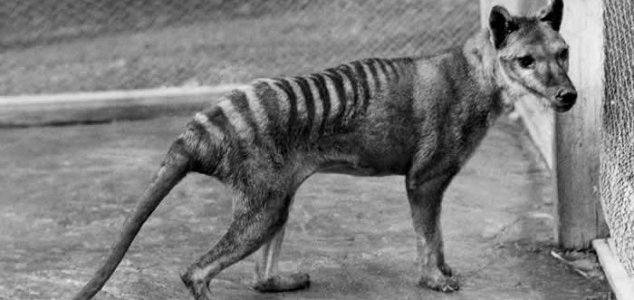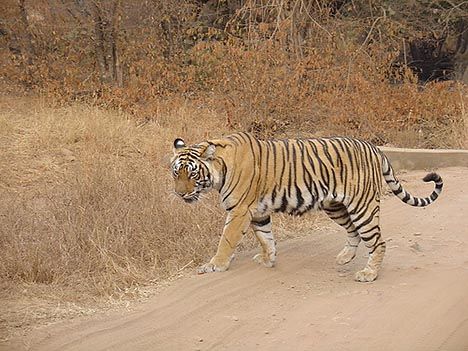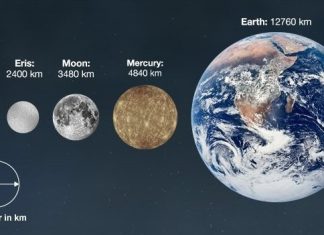
The Thylacine famously went extinct back in 1936.
Mass extinctions have occurred a total of five times in our planet’s 4.5 billion-year history. Some, such as the disappearance of the dinosaurs following an asteroid strike 65 million years ago, are particularly well known while others, such as the Late Devonian extinction, are not.
A mass extinction is typically defined as an event in which three quarters of all plant and animal species on the planet go extinct within the space of one million years and now it appears as though this might actually be happening again right under our noses.
In a new study published in Science Advances scientists have outlined the fact that over the last few thousand years we have been seeing species disappearing at unprecedented levels.
“The loss of biodiversity is one of the most critical current environmental problems, threatening valuable ecosystem services and human well-being,” the study authors wrote.
“A growing body of evidence indicates that current species extinction rates are higher than the pre-human background rate, with hundreds of anthropogenic vertebrate extinctions documented in prehistoric and historic times.”
If this species loss continues then it could have dire consequences for mankind, in particular if food chains collapse and we are unable to produce enough to sustain our ever-growing population.
“Averting a dramatic decay of biodiversity and the subsequent loss of ecosystem services is still possible through intensified conservation efforts, but that window of opportunity is rapidly closing,” the study authors wrote.














